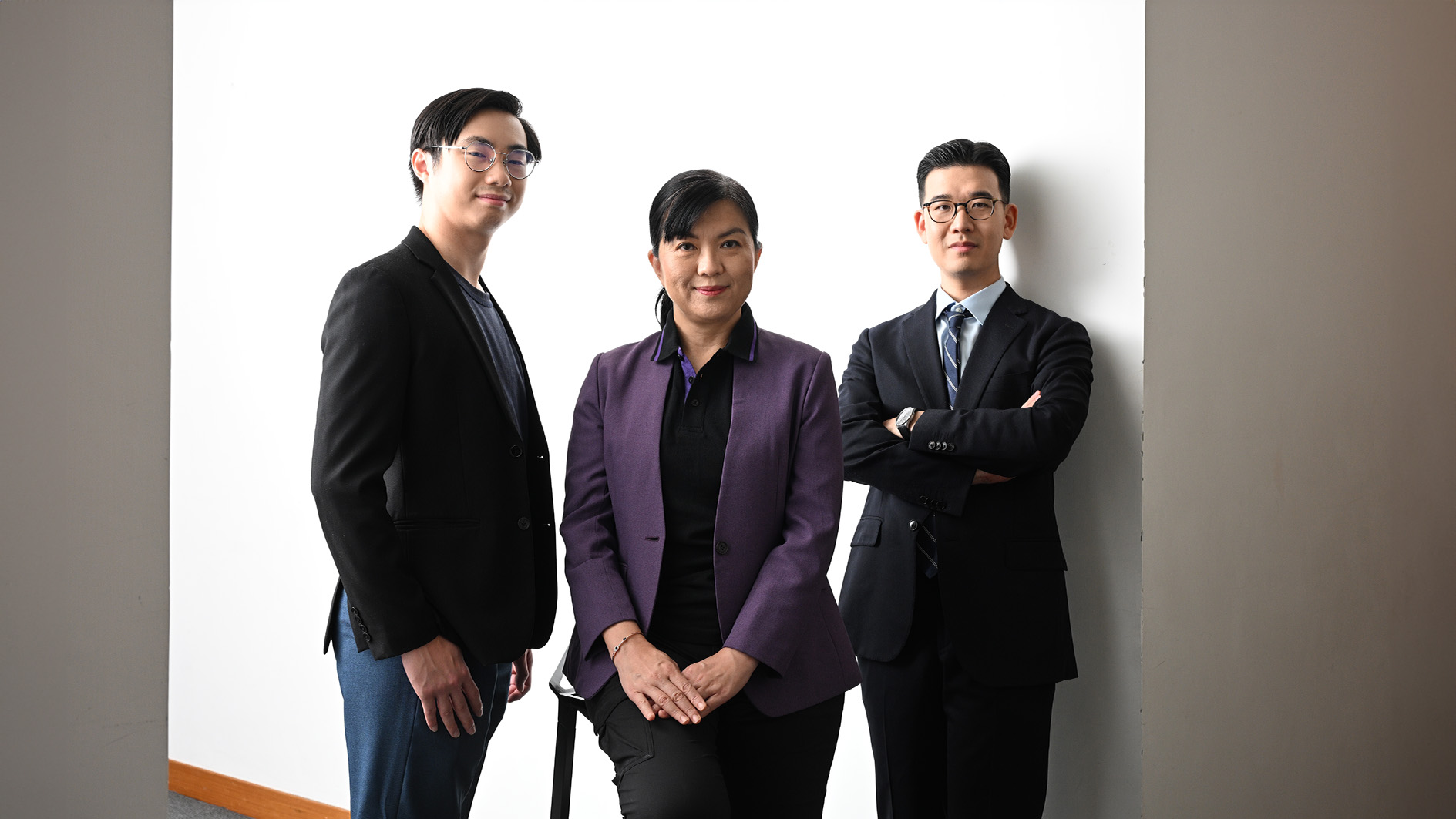Navigating the tipping point across AI, business and humanity

Generative AI shook the world and became the centre of global debates when ChatGPT was launched in late 2022. It excited the business sector with its potential to substantially automate work, boost efficiency, speed up the development of new medical devices, and add US$13 trillion to the global economy by 2030, among countless other wonders.
As promising as it may seem, the emergence of AI has also raised unsettling concerns, particularly over the massive unemployment it may cause. Reports suggest that as many as 40 per cent of jobs worldwide could be affected by AI. When Geoffrey Hinton, the “Godfather of AI” stepped down from Google in 2023, the potential threats of AI to humanity became more tangible than just science fiction.
As AI continues to rapidly evolve, how can leaders ride the tide of AI and take their business to new heights? How will AI transform the nature of work, and what unique values can humans contribute to this changing landscape? Will AI lead to breakthroughs to pressing global issues, or will it exacerbate the digital divide between the developing and developed nations?
To code, or not to code
 Professor Choi Sungwoo, Assistant Professor of the School of Hotel and Tourism Management, CUHK Business School
Professor Choi Sungwoo, Assistant Professor of the School of Hotel and Tourism Management, CUHK Business School
The recent exponential growth of AI in business was largely driven by widespread labour shortages stemming from COVID-19. As the pandemic subsided, different industries are adopting AI at varying paces with twists and turns along the trajectory.
“Take the hospitality industry as an example. There was a spike in the use of robotics in hotels and restaurants shortly after the pandemic broke out,” says Professor Choi Sungwoo, an assistant professor specialising in robotics in hospitality from the School of Hotel and Tourism Management at The Chinese University of Hong Kong (CUHK) Business School.
However, through trial and error, some hotels that fully automated their services have since scaled back their use of robots. Despite the substantial benefits AI offers, it is clear that human touch and personalised service remain central to customer expectations. “Guests staying in a luxurious hotel for family vacation would, for example, prefer receiving friendly smiles and having caring dialogues with human staff to interacting with machines.”
Professor Choi adds, “On the other hand, hotels catering for business travellers and conference goers who prioritise efficiency will have more room for AI application.” The industry is working to dissect the customer experience, deploying machines to perform operations that require efficiency and standardised service. “For example, nowadays you can interact with advanced chatbots for a wide range of customer service requests, such as making hotel reservations as if you were talking with a human.”
Conventionally, hospitality is regarded a “people industry”, where every customer touch point is designed to create unforgettable experiences infused with human touch. Professor Choi is in the view that in the new age of ‘cobot’—collaborative robots designed to work alongside humans— hospitality should be reimagined to combine unprecedented efficiency with enhanced personalised service at the right touch points.
AI takes the wheel, humans still navigate
 Ivan Wong Man-yeung (GBS 2022)
Ivan Wong Man-yeung (GBS 2022)
For industries where human interaction is minimal, the adoption of AI is even more prevalent. In the software industry, for instance, gone are the days when developers spent countless hours manually writing codes line by line behind the scenes. With AI intelligently predicting and suggesting code snippets, the coding process has been drastically streamlined.
Ivan Wong Man-yeung (GBS 2022), a digital native from generation Z and co-founder of Flowclass, a software-as-a-service (SaaS) startup helping educational institutes automate payment and communications with students, has seen a significant boost in productivity and efficiency since the introduction of AI. “We have saved up to 80 per cent of the time needed to complete mundane tasks,” Ivan says in amazement. His staffs regularly use different AI tools to extract information, write codes, format and design websites, all with just a few clicks.
With AI, getting the job done is now much faster and easier. The real challenge is getting the job well done. “If we don’t know how to build a website from scratch on our own and blindly trust AI to do the job, we may end up rolling out a subpar product to the client,” Ivan explains. “This shows how important it is that we humans need to equip with the skills to perform the tasks that we entrust AI with.”
Ivan believes that humans will continue to play a critical yet different role with the increasing adoption of AI in every aspect of business. “Human oversight on AI and contextual management will take centre stage,” Ivan states.
As some leaders seek to rethink AI-human collaboration to transform the business landscape, others are harnessing this technology to rewrite the future of developing nations.
A game-changer in emerging markets
 Stephanie Hung King-chung (BBA 1991, DBA student)
Stephanie Hung King-chung (BBA 1991, DBA student)
The potential of AI in emerging markets is immense. It can drive productivity, enhance agricultural yields and manufacturing outputs, spur infrastructural development, and provide better access to credit for small businesses. Moreover, AI can play a significant role in addressing environmental issues, transforming economies, and improving quality of life. Local governments often rely on international agencies and multilateral development banks like the Asian Development Bank for guidance and technical assistance during this transformative journey.
Stephanie Hung King-chung (BBA 1991, DBA student), as the Chief Information Officer and Director General of Information Technology Department at the Asian Development Bank, is driving the integration of AI and Big Data to transform the organisational capability and ADB’s development efforts across Asia and the Pacific. Her leadership leverages AI to enhance the quality and efficiency of analysis, providing valuable market and enterprise insights swiftly.
“With big data, the new AI models can provide us with knowledge insights for drafting our policy and project recommendations for the developing member countries,” she says. “They enhance our risk assessments for climate, disasters and markets. AI can augment us to make more comprehensive analyses of data and information across multiple domains, from cost comparisons, carbon emissions reductions to project financial statements and lessons learnt.”
However, the benefits of AI hinge on addressing the digital divide, enhancing access to the internet and AI technology, and developing digital capabilities in the workforce. Stephanie stresses that solving these issues is crucial for unlocking AI’s full economic potential in the region.

